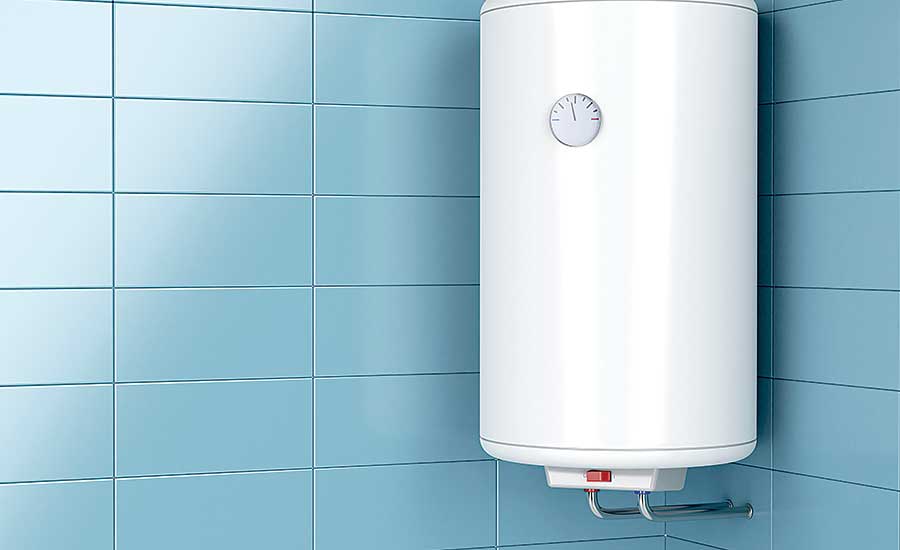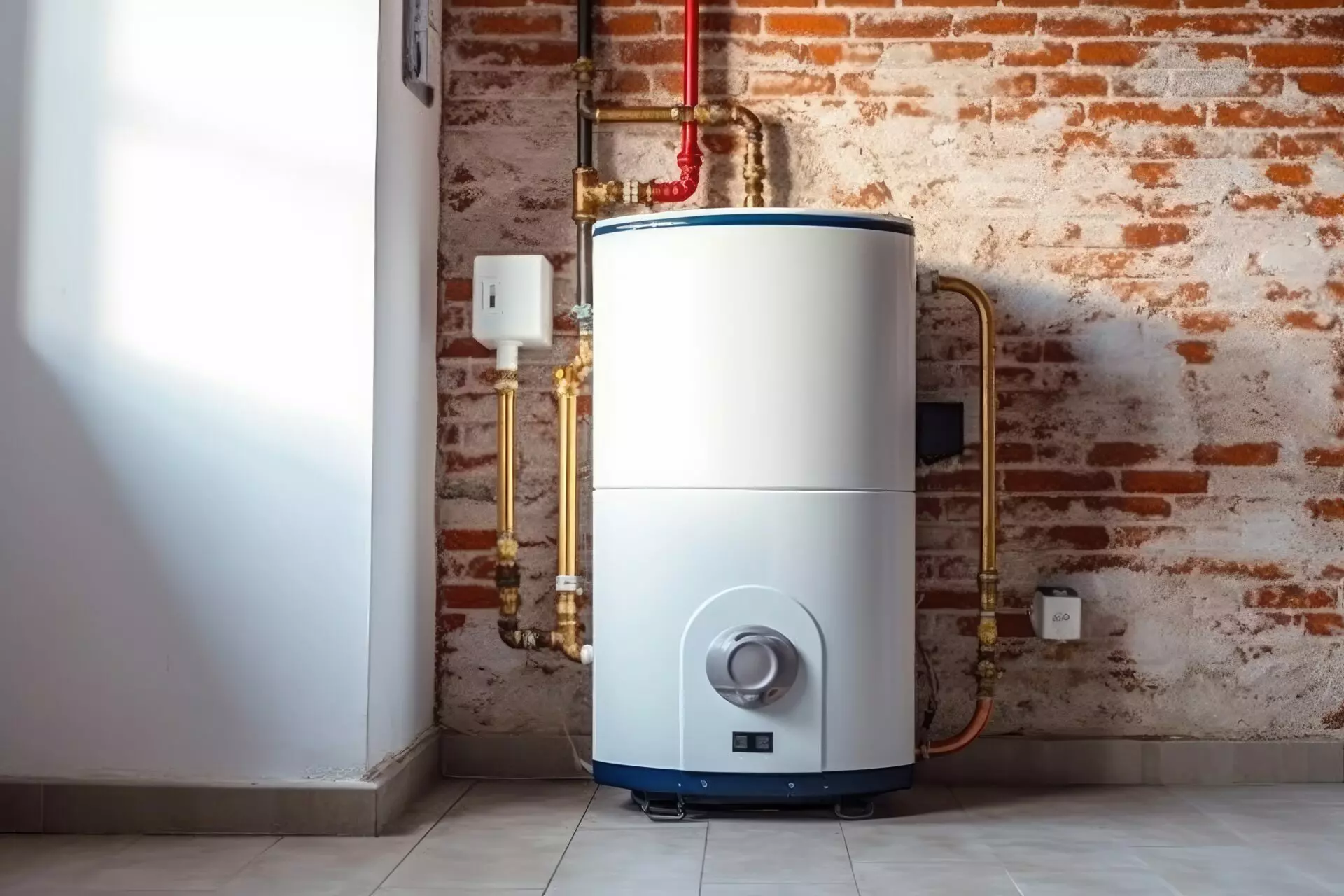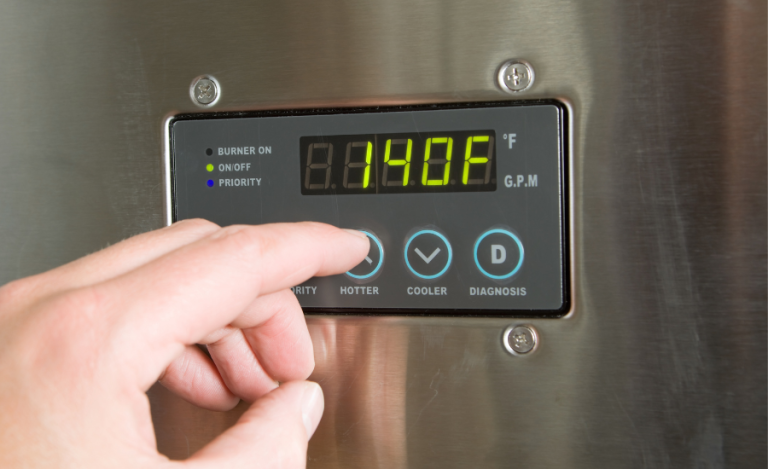The field of water heater repair is rapidly evolving, with technological advancements reshaping how these essential home appliances are maintained and fixed. Staying abreast of the latest trends in water heater repair technology not only aids in efficient maintenance but also ensures that homeowners and professionals alike can benefit from improved functionality and longevity. This article explores these cutting-edge trends and their impact on the industry.
Advancements in Water Heater Design

Recent years have seen significant innovations in water heater design. These advancements, ranging from improved heating elements to more durable tank materials, have directly influenced repair processes, making them more straightforward and less frequent.
Smart Technology Integration
One of the most notable trends is the integration of smart technology into water heaters. Smart thermostats and IoT connectivity allow for real-time monitoring and automated alerts for potential issues, revolutionizing maintenance and repair. This technology not only predicts potential failures but also assists in diagnosing issues remotely, saving time and resources in repairs.
Energy Efficiency Improvements

Technological advancements have led to the production of more energy-efficient water heaters. These improvements are not just beneficial for the environment and utility bills; they also simplify repairs. Efficient systems often mean less wear and tear on components, translating to fewer repairs over the water heater’s lifespan.
Sustainable Repair and Maintenance Solutions
The trend towards sustainability is also evident in water heater repair. Eco-friendly repair methods and materials are becoming more common, reflecting a growing awareness of environmental impacts. This shift is not just about fixing heaters when they break down but ensuring that the repair process itself is sustainable.
DIY-Friendly Water Heater Technologies

For the hands-on homeowner, new technologies are making DIY water heater repairs more accessible. With more straightforward designs and detailed guides available online, many minor repairs can be safely handled without the need for professional water heater service company intervention, saving both time and money.
Professional Training and Tools
For professionals in the field, emerging tools and training programs are enhancing their ability to provide high-quality services. These advancements range from sophisticated diagnostic tools to enhanced training modules that keep trusted water heater repair technicians up-to-date with the latest technology.
The advancements in water heater repair technology are making significant impacts on how repairs are conducted, with benefits ranging from increased efficiency and convenience to environmental sustainability. As technology continues to advance, we can expect these trends to further evolve, continuously improving the way we maintain and repair our water heaters.
FAQs
Q: Are smart water heaters worth the investment for the average homeowner?
A: Smart water heaters can be a worthwhile investment, offering convenience, efficient energy use, and potentially lower repair costs in the long run due to predictive maintenance capabilities.
Q: How do eco-friendly repair methods differ from traditional ones?
A: Eco-friendly repair methods may involve using sustainable materials, recycling old parts, and employing techniques that minimize environmental impact.
Q: Can I upgrade my current water heater to a smart one?
A: In some cases, it is possible to retrofit existing water heaters with smart technology. However, it depends on the make and model of your water heater.
Q: How does real-time monitoring in smart water heaters help in maintenance?
A: Real-time monitoring in smart water heaters helps in early detection of issues such as leaks, inefficiencies, or component failures. This allows for timely intervention before these issues escalate into major repairs, potentially saving homeowners on costly fixes.
Q: What are the most common energy-efficient improvements in newer water heaters?
A: Common energy-efficient improvements in newer water heaters include better insulation, more efficient heating elements, advanced temperature control systems, and, in some models, heat pump technology. These improvements contribute to reduced energy consumption and lower operating costs.
Q: Are there any specific tools or apps that homeowners can use for DIY water heater repairs?
A: Yes, there are various apps and tools available for DIY enthusiasts. These include diagnostic apps that interface with smart water heaters, tutorial apps with step-by-step repair guides, and specialized tools designed for specific water heater models. These resources make it easier for homeowners to perform basic repairs and maintenance.

